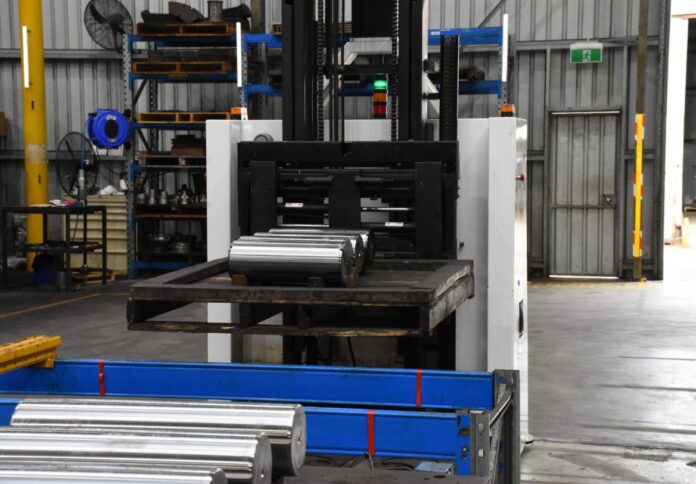
The Australian tech industry has seen massive changes over the last two years as businesses, both big and small, were pushed to expand and innovate in the wake of a global pandemic.
After the country’s sectors faced multiple headwinds within recent years, ranging from supply chain issues to skills shortages, industry leaders and decision-makers have sought to paint the bigger picture and identify megatrends. Meanwhile, very few have made the attempt to look into the near future.
In a recent report, RSM Australia, a global provider of audit, tax, and consulting services, made no grand predictions about the roles of artificial intelligence, blockchain, Metaverse, or quantum computing in the industry.
Instead, the report identified the three microtrends that are likely to happen between now and the end of 2024.
1. Valuations will remain realistic for the foreseeable future
Australia’s business activity started off decidedly bearing in early 2022, resulting in founders and investors focusing on solid unit economics for at least the rest of the decade.
Kate Pounder, chief executive officer of the Technology Council of Australia (TCA), warned that younger, capital-dependent tech companies, including developers and manufacturers, are expected to be in a more vulnerable state and will need to be more cognizant of their expenditures.
Furthermore, given the range of combustible economic and geopolitical variables that are needed to be considered, forecasting has become an even more difficult effort, RSM said in its report.
“It’s difficult to make forecasts,” Pounder added. “But even in a worst-case scenario where more startups than usual fail in 2022 and 2023, I hope their founders will go on to launch other startups. Startups have always had a high failure rate, but hard as it is, being involved in a tech business that doesn’t make it can be a great learning experience.”
2. Skills shortages will not disappear, but the situation will get better
According to the TCA, Australia will need 1.2 million people working in the tech industry by 2030, which means welcoming an extra 650,00 people into tech jobs by 2030.
The federal government recently signed off on digital apprenticeships, which will allow more Australians to enter the tech industry without the need for a university degree.
“Some tech jobs are highly technical and require years of university study in STEM fields, but there are many jobs that can be done by ‘digital tradespeople’. That’s why the Federal Government agreeing to fix vocational training and introduce a digital apprenticeship scheme is such a win,” Pounder said.
The TCA executive also noted that a combination of short-, medium-, and long-term fixes are needed to address the issue of skills shortage and that starts with the outcomes agreed upon at the Jobs and Skills Summit held in September 2022.
This includes the establishment of a permanent migration program that will speed up visa processing times and review the way the skilled migration program is working.
3. “Australia will never be the US, but it could be Singapore”
Over the last decade, the country has seen the conception of an impressive number of unicorns.
If the skills shortage can be addressed and necessary changes to the tax code and the regulatory regime have been made, there is no reason for Australia to be left behind in terms of incubating more unicorns over the next decade. This is especially in sectors such as agtech, biotech, cleantech, edtech, health tech, fintech, and mining tech, according to RSM Australia.
By 2030, the Australian tech industry is expected to contribute $250 billion to GDP and employ approximately 1.2 million people, according to forecasts made by the TCA.
In the report, Pounder dismissed the argument that Australians are too complacent to compete with counterparts in Estonia, Israel, Singapore, Sweden, and South Korea.
“Look at all the unicorns – Airwallex, Atlassian, Canva, Culture Amp, Safety Culture – Australia has already incubated,” she said. “We know we can create worldbeating tech companies because we’ve done it. It’s now just a matter of creating the ideal environment for more local tech companies to grow into unicorns.”



















